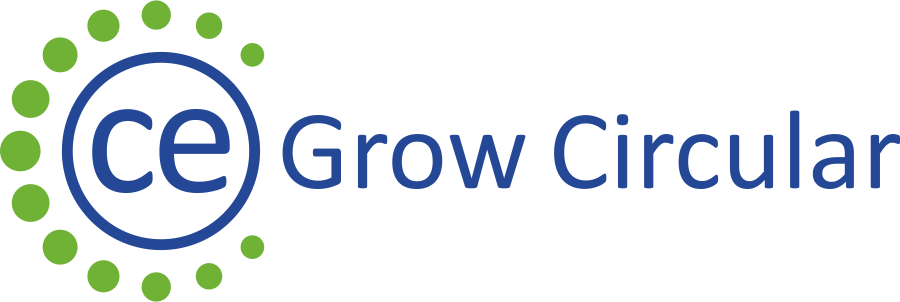Interreg Europe
- SYMBI – Industrial Symbiosis for Regional Sustainable Growth and a Resource Efficient Circular Economy (2016 – 2021)
SYMBI aims at supporting the transition towards a resource-efficient economy through industrial symbiosis, establishing territorial synergies to manage waste and exchange energy & by-products as secondary raw resources. The project supports the implementation of policy instruments and measures for the diffusion of industrial symbiosis, to add value, reduce production costs and relieve environmental pressures through increased resource efficiency and greenhouse gas emissions.
The website provides information on two pilot actions implemented within the project.
- TRIS – Transition Regions towards Industrial Symbiosis (2016 – 2021)
The challenge TRIS was facing is to enable a systemic uptake of Industrial Symbiosis in 5 European regions, supporting policy makers to increase the competitiveness of their SMEs by introducing Industrial Symbiosis practices.
Horizon 2020
Several projects funded by horizon 2020 are developing specific platforms aimed at facilitating and boosting the uptake of Industrial Symbiosis practices. Some of those projects a listed here after
- SHAREBOX – Secure sharing
The objectives of the project were “to develop and bring to market a secure platform for the flexible management of shared process resources with intelligent decision support tools. To provide plant operations and production managers with the robust and reliable real-time needed to optimise symbiotic connections (plant, energy, water, residues and recycled materials) with other companies in a symbiotic ecosystem.”
- EPOS – Symbiosis in industry
The EPOS project – Enhanced energy and resource Efficiency and Performance in process industry Operations via onsite and cross-sectorial Symbiosis – brought together 5 global process industries from 5 key relevant sectors: steel, cement, chemicals, minerals and engineering. EPOS’s main objective was to enable cross-sectorial Industrial Symbiosis and provide a wide range of technological and organisational options for making business and operations more efficient, more cost-effective, more competitive and more sustainable across process sectors.
- SCALER – Helping industries increase efficiency through resource sharing
SCALER provides mechanisms to accelerate the journey towards efficient and quick implementation of industrial symbiosis in the European process industry. We do this by developing action plans and adapted solutions to industrial stakeholders and communities. To achieve this goal, SCALER is developing a set of reports and guides, based on research and consultation with active players in the field of industrial symbiosis.
The project website’s encompasses relevant reports on lessons learnt and best practices.
- FISSAC – Fostering Industrial Symbiosis for a Sustainable Resource Intensive Industry across the extended Construction Value Chain
The FISSAC project involves stakeholders at all levels of the construction and demolition value chain to develop a methodology, and software platform to facilitate information exchange, that can support industrial symbiosis networks and replicate pilot schemes at local and regional levels. The model will be based on three sustainability pillars: Environmental (with a life-cycle approach), Economic, Social (taking into consideration stakeholder engagement and impact on society).
- URBANREC – Bulky Waste Management
The project explores new approaches for the valorisation or urban bulky waste into high added value recycled products. URBANREC aims at implementing an eco-innovative and integral bulky waste management system (enhancing prevention and reuse, improving logistics and allowing new waste treatments to obtain high added value recycled products) and demonstrate its effectiveness in different EU regions, including a roadmap to improve Eco-efficiency on European waste management & Pro-active standardization strategy
PAPERCHAIN project brings in an industrial symbiosis model centered in the use of different waste streams generated by the European Pulp and Paper Industry, as valuable feedstock for three resource hungry industrial sectors: construction sector, mining sector and the chemical industry. Different waste streams are produced because of the manufacturing processes of the Pulp and Paper industry to produce paper, board and other cellulose-based products.



